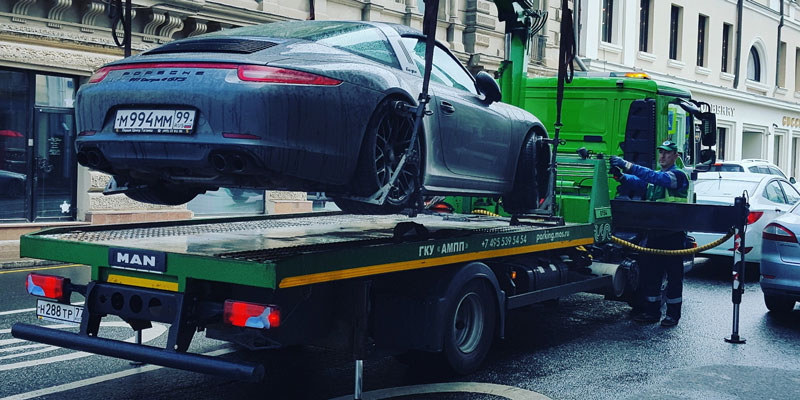The Best Ways to Prevent Repossession
If you can prevent repossession, you can keep to your normal routine of going to work, the doctor, getting the kids to school. But, this all can come to a screeching halt if you walk outside to find you have no vehicle. Repossession is the act where your lender takes back collateral/property from you — usually because you have defaulted on the contract. In Indiana, default and repossession usually occurs when you fail to maintain monthly payments and fall behind. It can also happen if you fail to maintain insurance on the property. Cars, trucks, boats, trailers, even mobile homes, can technically be repossessed due to lack of insurance. The key to preventing repossession is being proactive in finding out what your rights are and what solutions may be available to you.
If you have fallen behind on car payments and you still have possession of your vehicle, the simplest and most cost-effective way to address the situation may be to file Chapter 7 Bankruptcy or Chapter 13 Bankruptcy. Each option possesses its own set of advantages that may allow you to stop repossession.
Chapter 7 Bankruptcy is typically only about three months long, so it is generally viewed as the simpler, less time-consuming approach to dealing with possible repossession. Chapter 13 Bankruptcy, while generally longer in duration, offers you a whole separate range of tools at your disposal which may allow you to save your car and likely even get you a better deal on it than you had before you filed. For a free consultation on how to prevent repossession by filing Chapter 7 or Chapter 13 bankruptcy, contact the Law Offices of Dax J. Miller today.
Chapter 7 Bankruptcy may allow you to stop or prevent repossession by:
- Surrender your car without worry of a deficiency balance against you. Ordinarily, this buys you some time to get your transportation concerns in order before you relinquish the vehicle.
- Restructure and reaffirm your debt with your lender by allowing us to negotiate on your behalf. This may allow you to get a lower interest rate or even stretch out the length of the loan to make the payments more affordable.
- Lastly, you may redeem your vehicle. A redemption consists of you paying your lender the value of the vehicle as opposed to the amount you actually owe. For example, if your car is worth $2,000.00 and you owe $10,000.00, a redemption allows you to just pay the $2,000.00 to the lender and then you would own the car outright. If you do not have access to that type of money immediately, there are even financing companies (www.722redemption.com, which is a division of U.S. Bank, N.A.) that will loan you the money to pay off your current lender.
Chapter 13 Bankruptcy may allow you to stop or prevent repossession:
Bring the car current while maintaining regular monthly payments.
Rewrite your car note to allow you to pay it off completely over a 3 – 5 year Chapter 13 Bankruptcy. We can typically even get you a lower interest rate in this scenario.
Perform a Chapter 13 Bankruptcy cram down. Cram down allows you to pay a lower interest rate and pay the vehicle’s value instead of what you owe. The catch is that you must have owned the vehicle for at least 910 (2.49 years) days prior to your bankruptcy filing.
Take Control Now
Your debt is the problem. The Law Offices of Dax J. Miller may be your solution. We offer UNLIMITED FREE consultations to ensure that you are comfortable and confident in your financial future. More importantly, we are LOCAL.



